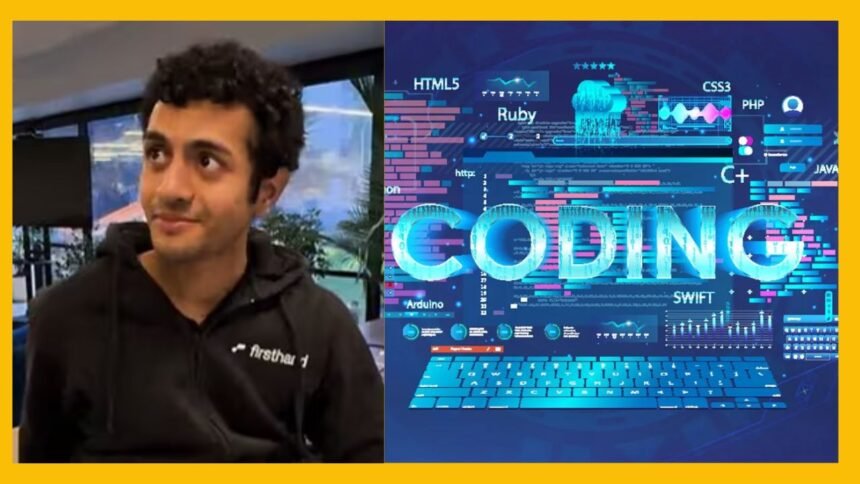Indian coder accused of scamming US startups
An Indian software developer, Soham Parekh, has become the center of a growing storm in Silicon Valley after being accused of secretly juggling multiple jobs at once without telling his employers. At least five US startups, including those backed by elite accelerator Y Combinator, claim they were misled by the seemingly brilliant coder.
Indian coder accused of scamming US startups
The controversy exploded online after Suhail Doshi, co-founder of analytics company Mixpanel, publicly called out Parekh on X (formerly Twitter). Doshi didn’t mince words, labelling him a “scammer” who moonlighted across startups under the guise of full-time employment.

Indian coder accused of scamming US startups
Doshi claimed he fired Parekh just a week after hiring him, citing “dishonesty.” According to Doshi, Parekh later reached out in private to apologize. But the damage was already done. Doshi’s post opened the floodgates, with founders from companies like Lindy, Fleet AI, and Antimetal sharing similar stories like glowing interviews followed by a steady decline in performance, missed deadlines, and growing suspicion.
Indian coder accused of scamming US startups

At the heart of the scandal is a lack of transparency. While moonlighting isn’t new in tech, what angered these startups was the deception. They believed they were hiring a full-time, dedicated engineer. In reality, they were unknowingly splitting his attention with other companies some of them direct competitors.
Parekh’s resume, once impressive with roles at high-profile AI startups and degrees from the University of Mumbai and Georgia Tech, is now under scrutiny. Doshi has gone as far as calling it “probably 90% fake.”
Indian coder accused of scamming US startups
Despite being accused of breaching contracts and trust, Parekh has yet to make a public statement. However, people who’ve worked with him describe him as undeniably talented. One engineer even claimed, “When he works, he’s a machine he’d finish a 3-hour task in one.”

Indian coder accused of scamming US startups
But brilliance wasn’t enough to make up for the broken trust. For the startups involved, this incident has become a cautionary tale about the perils of remote hiring, weak vetting processes, and the ethical grey zone of moonlighting in a remote-first tech world.
Indian coder accused of scamming US startups
As the debate rages on, one thing is clear: Soham Parekh’s story has ignited a much-needed conversation on hiring integrity, global work ethics, and the fine line between ambition and deception in the modern tech age.








